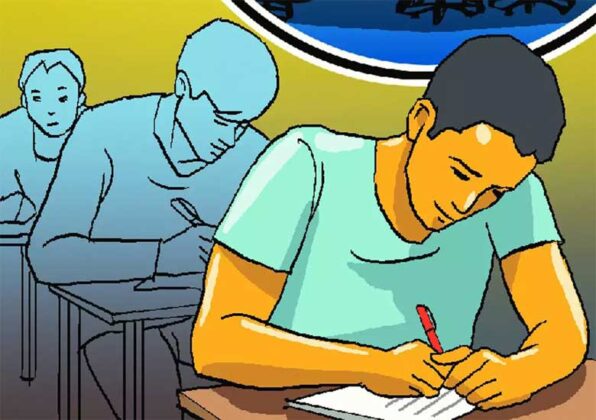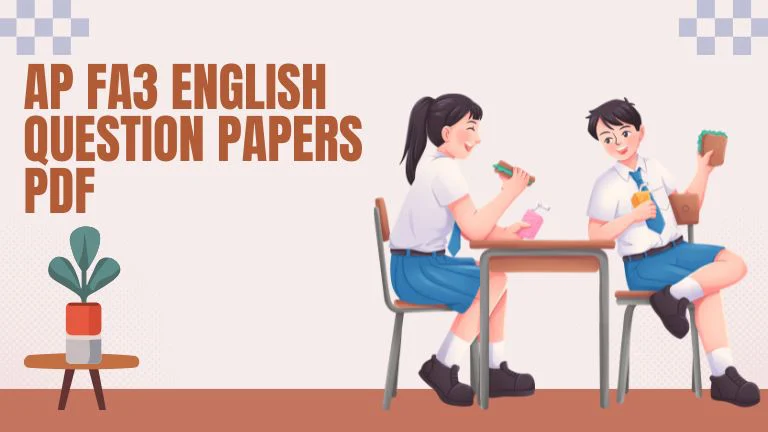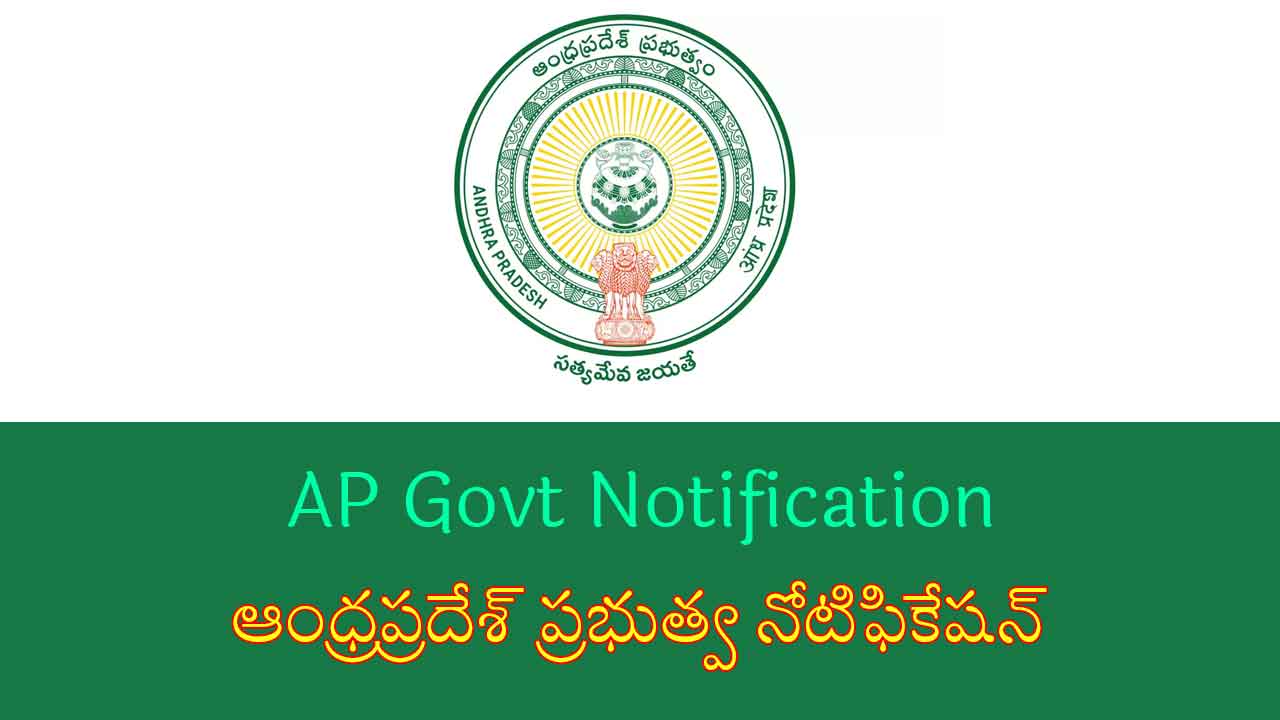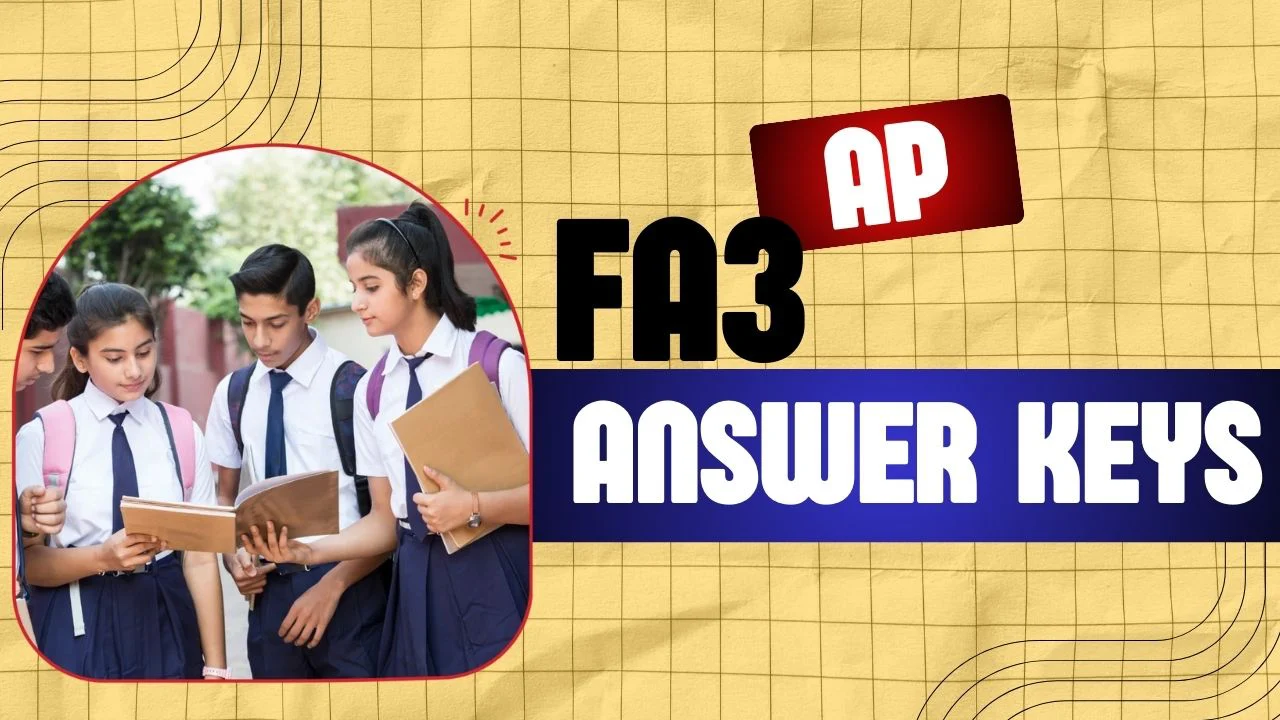AP TET Paper IIA & IIB Telugu language Pandits Study Material Chapter Wise – Download PDF: AP TET Telugu Paper 3 Study Material The Government of Andhra Pradesh Department of School Education released the latest syllabus for AP TET 2025. Recently, AP TET changed the Syllabus and exam pattern for the TET 2025 exam. Now, AP TET is adding Paper 2A & Paper 2B Exam for Language Pandits. Here, we provide the latest Study Material for AP TET Paper 2A and 2B, specifically for Telugu Language Pandits. Candidates can get a Complete syllabus for AP TET Exam 2025 for All Subjects (Languages). So, Aspirants who wish to apply for the AP TET Exam 2025 can check the TET Paper 2 Syllabus in detail from the link below.
Medium of the Exam
The Question Paper shall be bilingual (i.e.). English followed by language-1, chosen by the candidates for all Languages except Sanskrit. For the candidates choosing Sanskrit, the questions shall be in Telugu, followed by Sanskrit (Devanagari Script).
AP TET 2025 Qualifying Marks
APTET—2025 results will be declared in February 2025. The criteria for considering pass in APTET is as follows:
| Community | Pass marks |
| i) OC | 60% Marks and above |
| ii) BC | 50% Marks and above |
| iii) SC/ ST/ Differently abled (PH) & Ex-servicemen | 40% Marks and above |
AP TET Telugu Language Paper 2A and Paper 2B Syllabus
AP TET Paper 2 Exam Pattern
| Paper 2A & 2B for 6th to 8th Classes | |
| No. of MCQ | 150 |
| Time Duration | 2 Hours and 30 Minutes |
AP TET Paper 2A Exam Pattern
| Sl.No | Subject | No. of MCQs | Marks |
| 1 | Child Development and Pedagogy | 3o MCQs | 30 Marks |
| 2 | Language I | 3oMCQs | 30Marks |
| 3 | Language II (English) | 30MCQs | 30 Marks |
| 4 | Mathematics (Content 24, Pedagogy 6) Biological Science (Content 12, Pedagogy 3) Physical Science (Content 12, Pedagogy 3 | 60 MCQs | 60 Marks |
| 4b | Social Studies (Content 48, Pedagogy 12) | 60 MCQs | 60 Marks |
| 4c | Language (Content 48, Pedagogy 12) | 60 MCQs | 60 Marks |
| TOTAL | 150 MCQs | 150Marks | |
AP TET Paper 2B Exam Pattern
| Sl.No | Subject | No. of MCQs | Marks |
| I) | Child Development and Pedagogy (Special Education) | 30MCQs | 30Marks |
| II) | Language I | 30MCQs | 30Marks |
| III) | Language II ( English) | 30MCQs | 30Marks |
| IV) | Category of Disability Specialization and Pedagogy | 60MCQs | 60Marks |
| Total | 150 MCQs | 150 Marks | |
- The Child Development & Pedagogy test items will focus on the Educational Psychology of Teaching and Learning relevant to the Elementary level for Paper II-A.
- How to choose Language – I of AP-TET Paper-I (A&B) and II (A & B): The following Languages are offered under First Language in Secondary schools under the State Syllabus viz., Telugu, Urdu, Hindi, English, Kannada, Tamil, Odiya and Sanskrit. Other than Language Teachers have to choose one of these 8 Languages under Language- I of TET, those candidates should have compulsorily studied that Language either as a medium of study or First Language at least up to Class-X. The candidates who studied the CBSE/ ICSE curriculum can choose the Language they studied up to Class X.
- Language Teachers must choose the Language of their study in Pandit Training concerned under Language-I of TET Paper II (A).
- Language II shall be on English proficiency for all the candidates.
- The Language I & II syllabi for Paper II-A shall be based on proficiency in the Language, Elements of Language, Communication, and Comprehension abilities (standard up to Senior Secondary Level- 12th Class). 30 MCQs for Language -I and 30 MCQs for Language- II will be given on content only.
AP TET Paper 2 Syllabus 2025
The syllabi for TET of concerned Paper II-A and Paper II-B are based on topics of Classes VI to X. The difficulty standard of questions and their linkages could be up to the Senior Secondary Level (12th class). Candidates are informed to follow the previous state syllabus and textbooks of Classes VI to X and present NCERT syllabus Bilingual Textbooks of Class VI to IX (2023-24 SCERT Text Books). The candidates are informed to follow the 2016 and 2019 editions of D.Ed/B.Ed Telugu Academy/SCERT textbooks.
AP TET Paper 2 A Syllabus for Child Development and Pedagogy
DEVELOPMENT, GROWTH & MATURATION
|
UNDERSTANDING LEARNING
|
PEDAGOGICAL CONCERNS
|
ICT – A
|
ICT – B
|
AP TET Paper 2B Syllabus – CHILD DEVELOPMENT AND PEDAGOGY (SPECIAL EDUCATION) (30 Marks)
- CHILD DEVELOPMENT
- Growth and Development
- Theories and approaches to human development
- Individual differences
- Learning process and theories
- Sensation, Attention, Perception, Motivation and Intelligence.
2. PEDAGOGY IN SPECIAL EDUCATION
- Identification of Assessment of CwSN
- Types, Characteristics and Educational needs of CwSN
- Stages of teaching and learning
- Approaches of curriculum development
- Adaptations and accommodations
- Inclusive Education
- Inclusive academic instructions
- Individualised Education Plan (IEP)
- Teaching Strategies and Evaluation
- New trends and strategies in implementing Inclusive Education for CwSN
- Vocational Education and Training
3. EDUCATION COMMISSIONS AND POLICY (SCHOOL EDUCATION)
- Constitutional provisions on education that reflect National Ideals: Equality, liberty, secularism and social justice
- National Commissions and Policies: Education Commission (1964), NPE and POA (1986, 1992), National Policy for Persons with Disabilities (2006), National Education Policy 2020.
- National Acts: RCI Act, 1992, PWD Act (1995), NT Act (1999), RTE Act (2009 & 2012), RPWD Act (2016)
- Programs and schemes: IEDC (1974, 1983), SSA (2000, 2011), RMSA, 2009, IEDSS, 2009.
- International Conventions and Policies: Salamanca Declaration and Framework, 1994, UNCRPD 2006, MDG, 2015, INCHEON Strategies.









